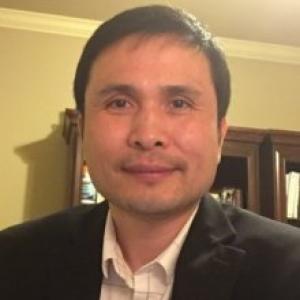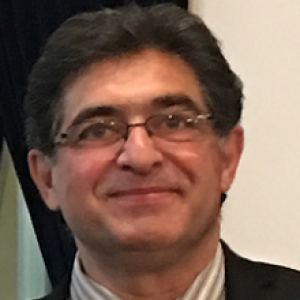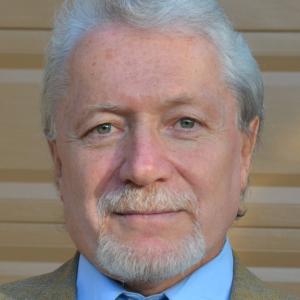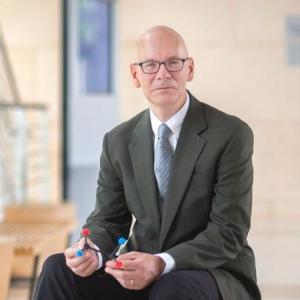Donggang Yao

Donggang Yao
Professor, School of Materials Science and Engineering
Donggang Yao is a professor in the School of Materials Science and Engineering at Georgia Institute of Technology. He received his Ph.D. and Master’s degrees both from University of Massachusetts Amherst, and his B.S. degree from Shanghai Jiao Tong University, China. He teaches and directs research in the broad area of polymer engineering. His current research focuses on polymer micromolding, fiber spinning, single-polymer composites, constitutive modeling, and process modeling and simulation. He has published over 60 journal papers and 80 conference papers on polymer processing. He was a recipient of NSF Career Award in 2003 for his research on polymer micromolding. He chaired the ASME Composites and Textile Engineering Technical Committee from 2009 to 2011. He currently serves as an associate editor for ASME Journal of Manufacturing Science and Engineering and an editorial board member for Polymer Engineering and Science.
404.894.9076
Office Location:
MRDC, Room 4407
Biocomposites; Biomanufacturing; Biomaterials; Bioprocessing; Bioproducts; Fiber Properties; Forming; Lignin & Hemicellulose; Manufacturing; Mechanics of Materials; Microfluidics; Microporous Materials; New Materials for 3D Printing; Polymer & Fiber; Process Modeling; Non-Newtonian Fluid Mechanics
IRI Connections:








